by Benjamin Apr 16,2025
Just a few months after the AMD Ryzen 7 9800X3D made its debut, the AMD Ryzen 9 9950X3D has arrived, bringing the advanced 3D V-Cache technology to a powerhouse 16-core, 32-thread gaming processor. This chip is a beast, designed to keep pace with high-end graphics cards like the Nvidia RTX 5090 and beyond. It's the ultimate choice for those who demand top-tier performance, though it may be more than what most gamers need.
However, this level of power comes at a steep price of $699 and a significant power budget of 170W. This makes the Ryzen 9 9950X3D a challenging recommendation for anyone not building a top-of-the-line, high-cost gaming PC. For the majority of users, the more cost-effective Ryzen 7 9800X3D remains a smarter choice.
The AMD Ryzen 9 9950X3D will be available starting March 12, with a suggested retail price of $699. Keep in mind that AMD's processor prices can vary based on market demand.
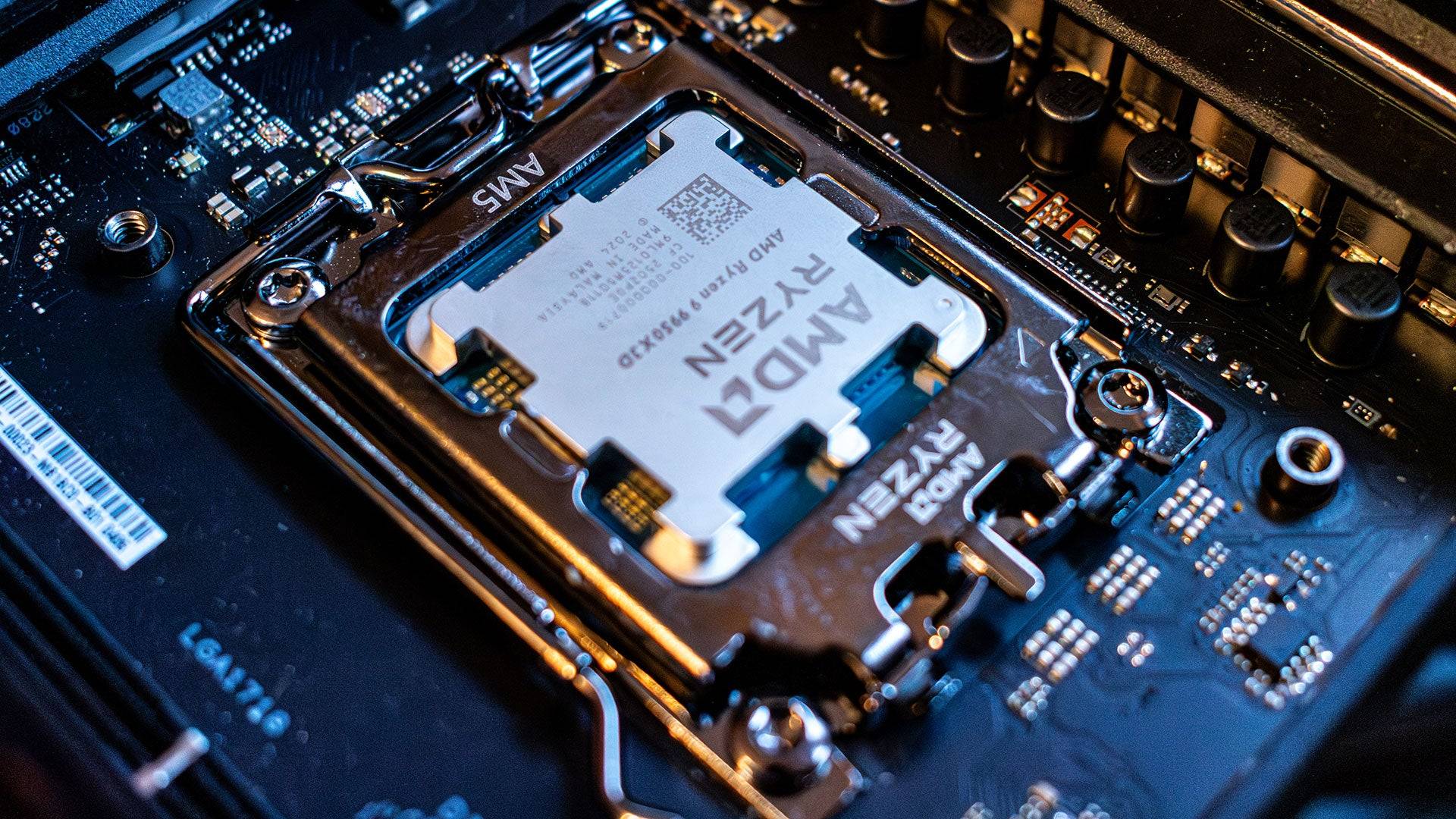
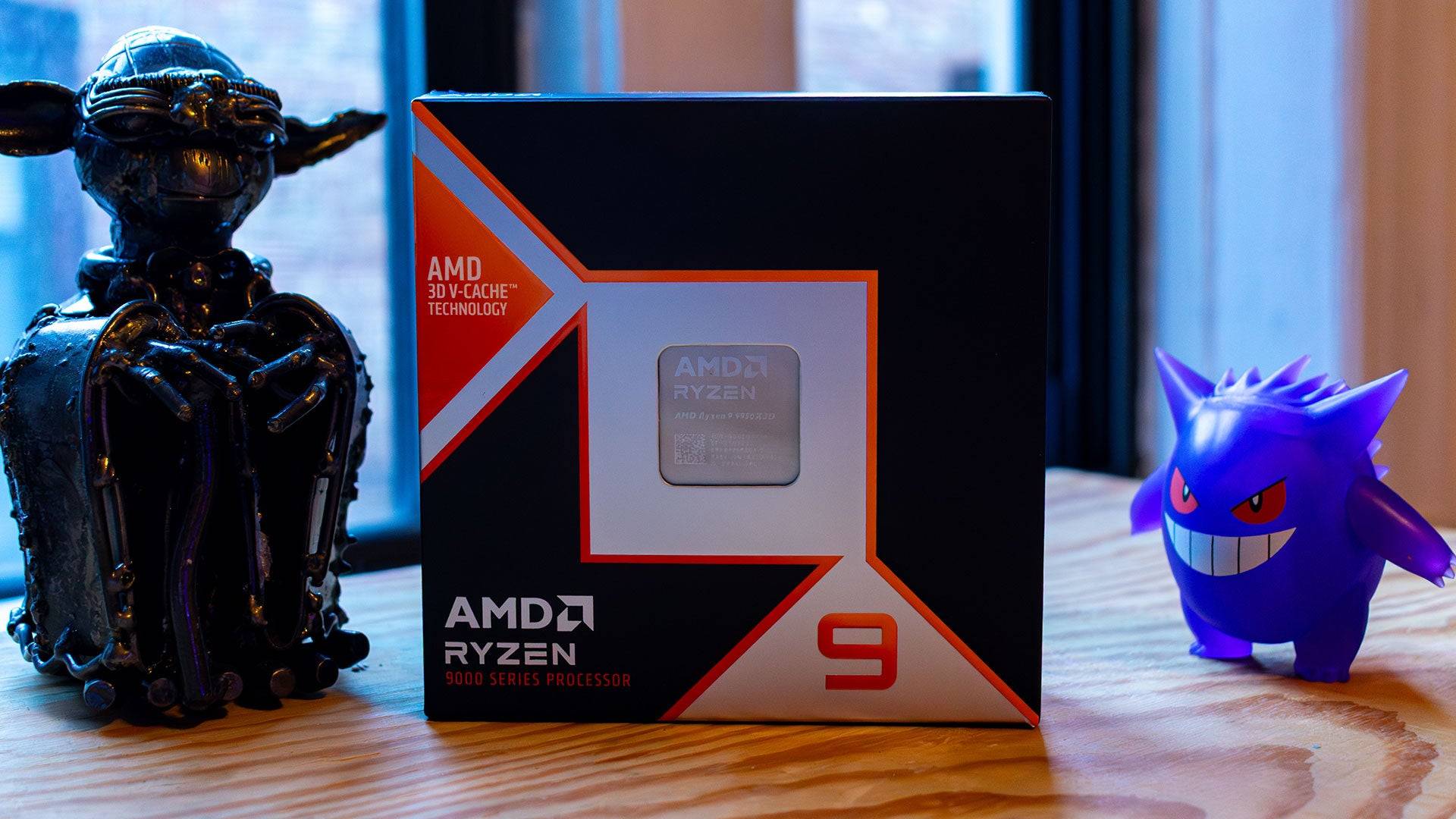 3 Images
3 Images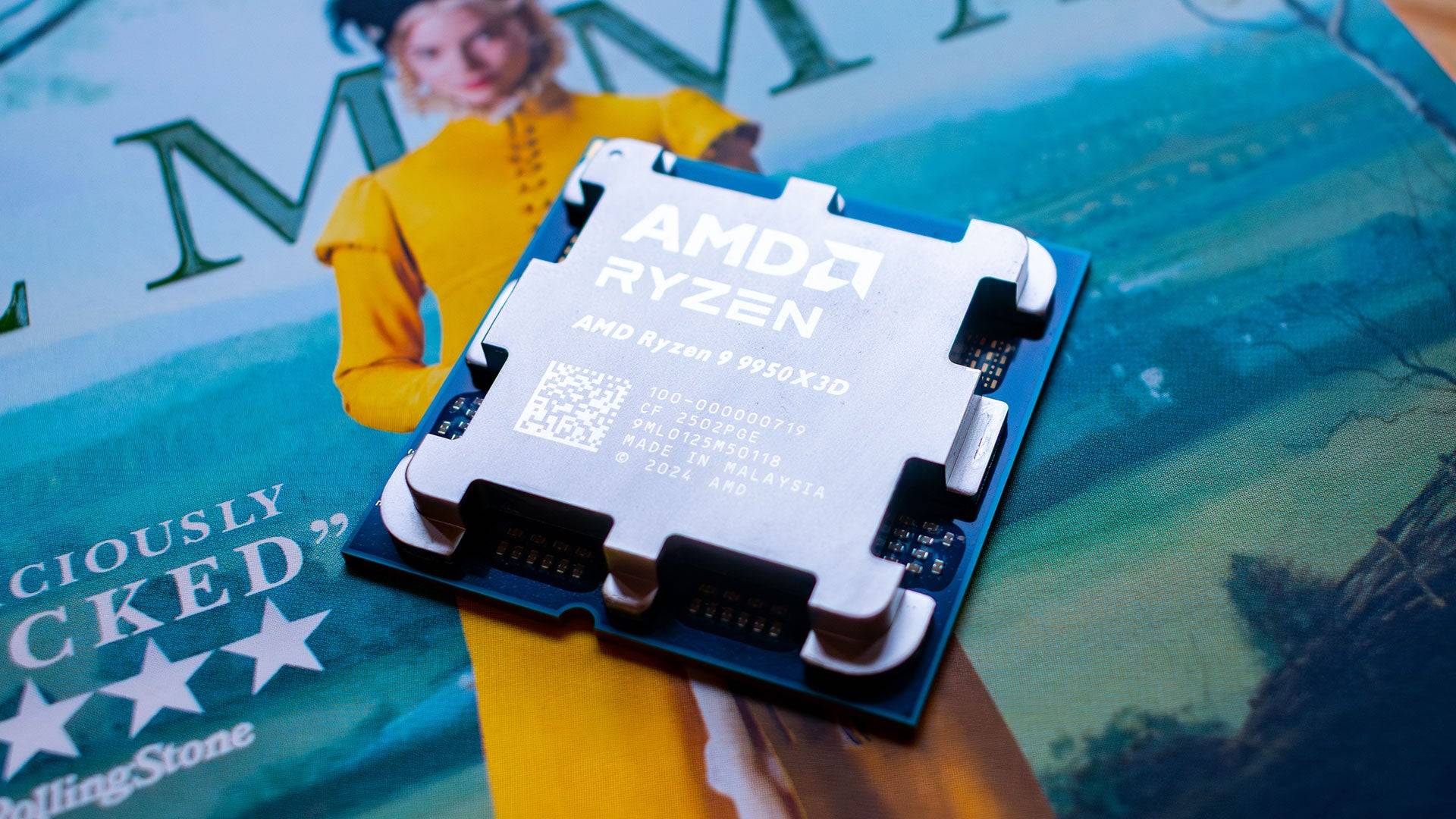
The AMD Ryzen 9 9950X3D leverages the same Zen 5 cores as the standard 9950X but enhances them with the new 2nd-generation 3D V-Cache technology seen in the Ryzen 7 9800X3D. This combination delivers robust multi-core performance alongside superior gaming capabilities, thanks to an expansive cache.
A key difference from its predecessor, the Ryzen 9 7950X3D, is the placement of the 3D V-Cache. Now situated below the CPU cores rather than above, this change significantly improves thermal performance. The Core Complex Die (CCD), the primary heat generator, is now closer to the Integrated Heat Spreader (IHS), allowing for more efficient heat dissipation. This design not only keeps temperatures lower but also enables the processor to sustain higher performance levels for longer periods, thanks to AMD's performance algorithm which considers thermal headroom.
The strategic positioning of the cache also reduces data travel distance, minimizing latency. Moreover, the 9950X3D boasts a hefty 144MB of combined L2 and L3 cache, matching the previous generation's Ryzen 9 7950X3D, and far surpassing non-X3D processors.
Both the AMD Ryzen 9 9950X and 9950X3D share a 170W TDP, although the original 9950X has a higher potential PPT. In my tests, both processors hit a peak of 200W, but the 9950X3D maintained a lower peak temperature of 79°C, tested on a different cooler than the 9950X.
Fortunately, the 9950X3D does not require a new chipset, ensuring compatibility with all AM5 AMD motherboards. AMD has committed to supporting this socket until at least 2027, providing peace of mind against platform obsolescence.
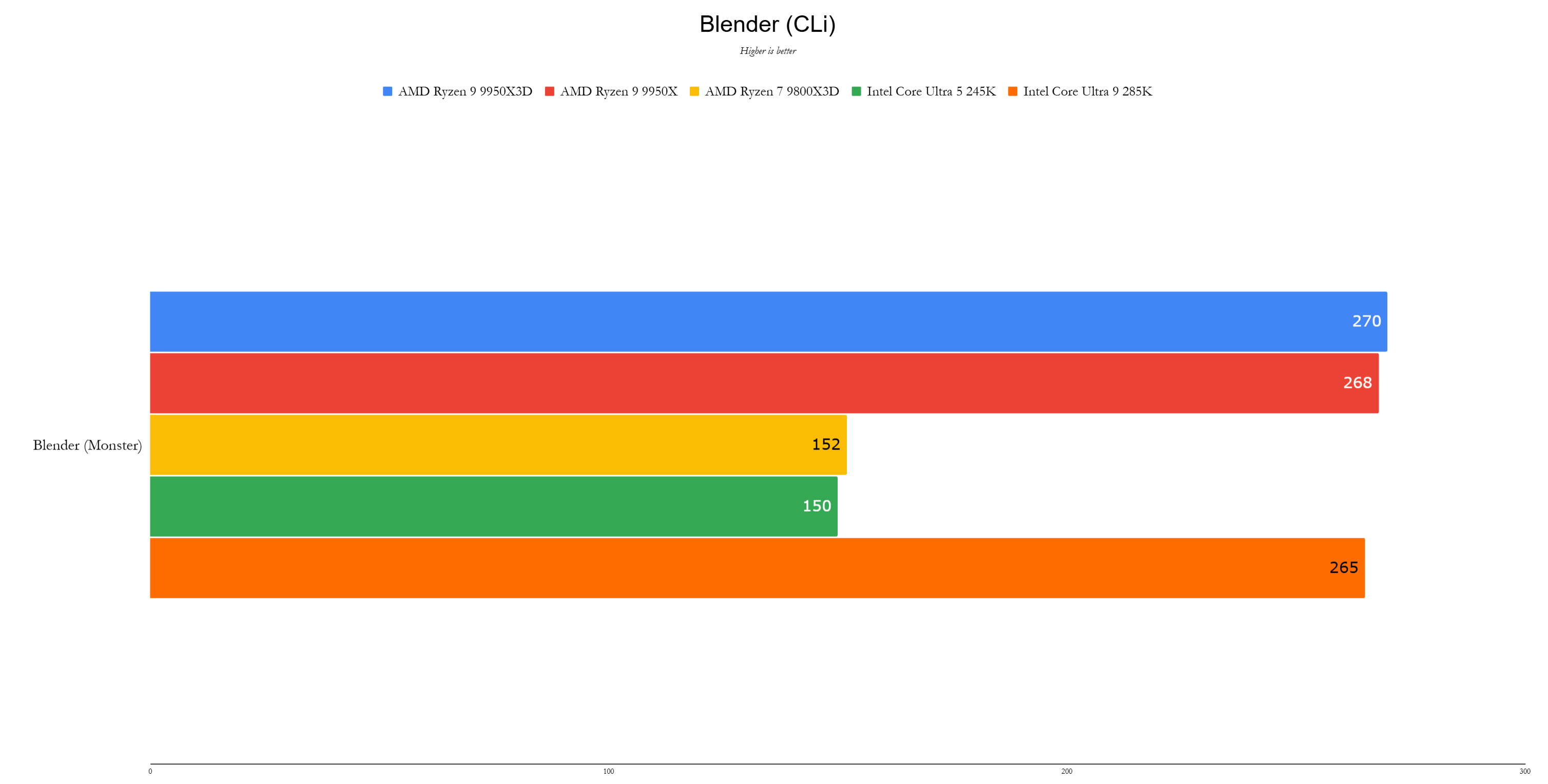
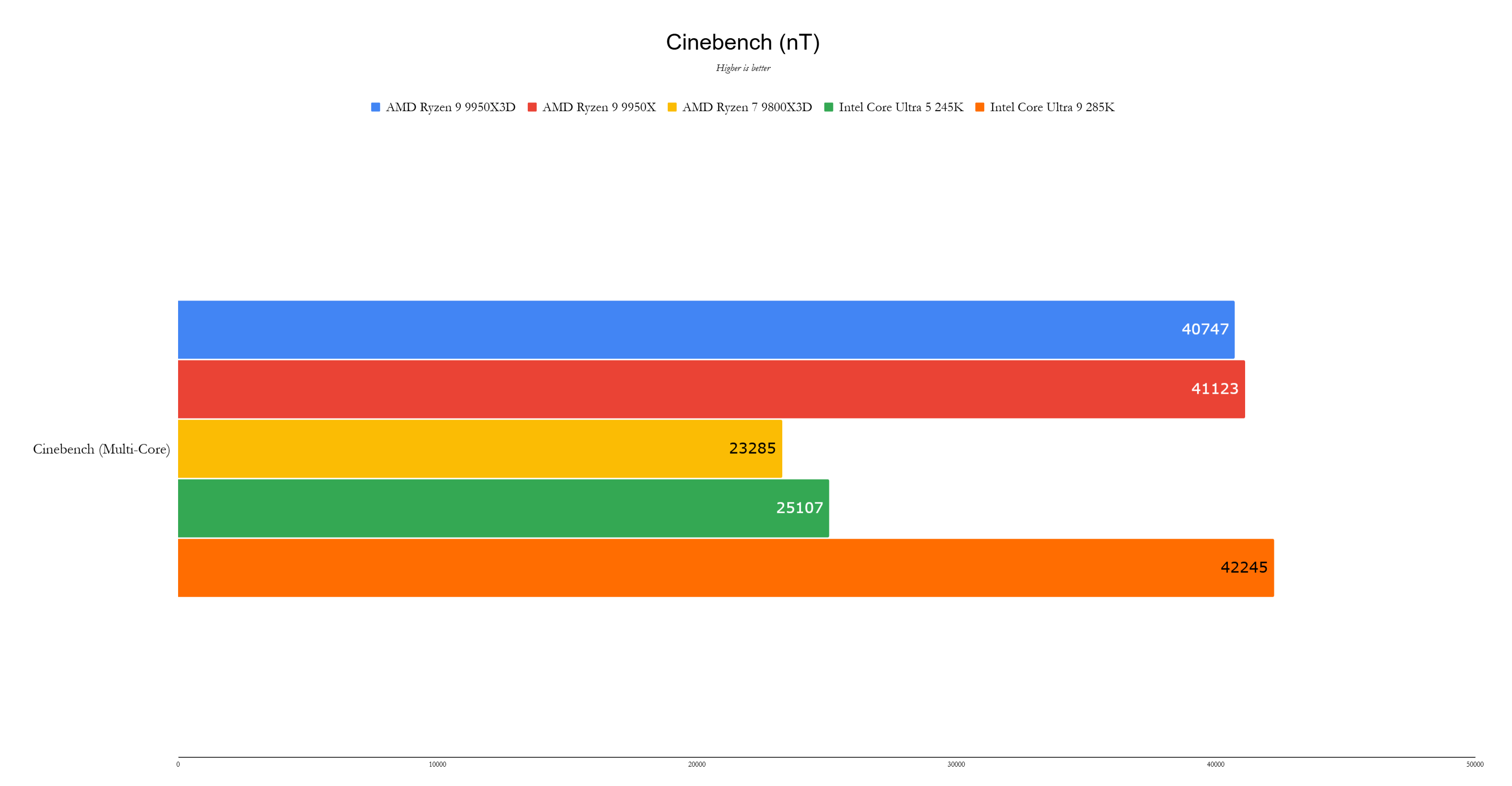 11 Images
11 Images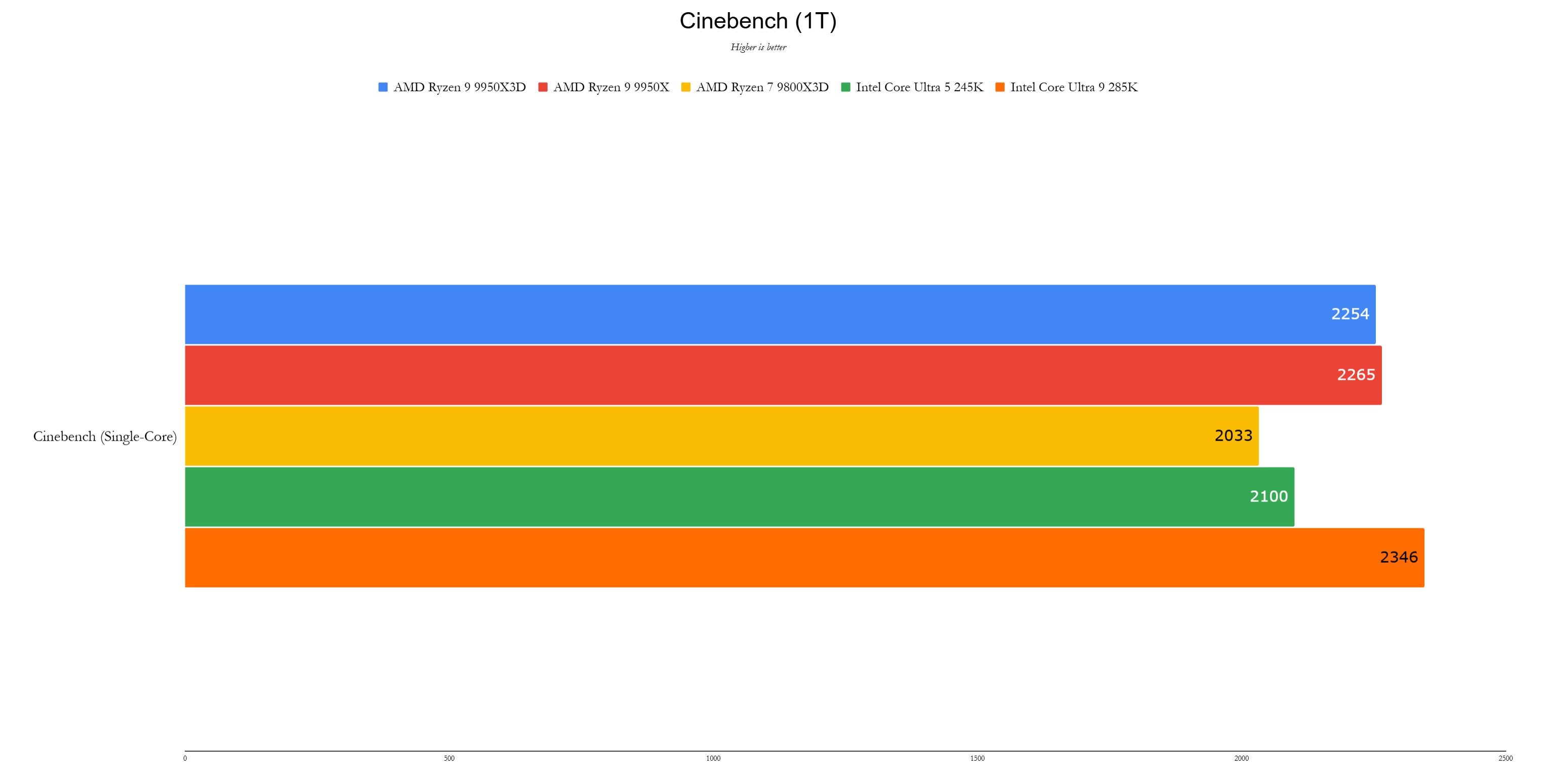
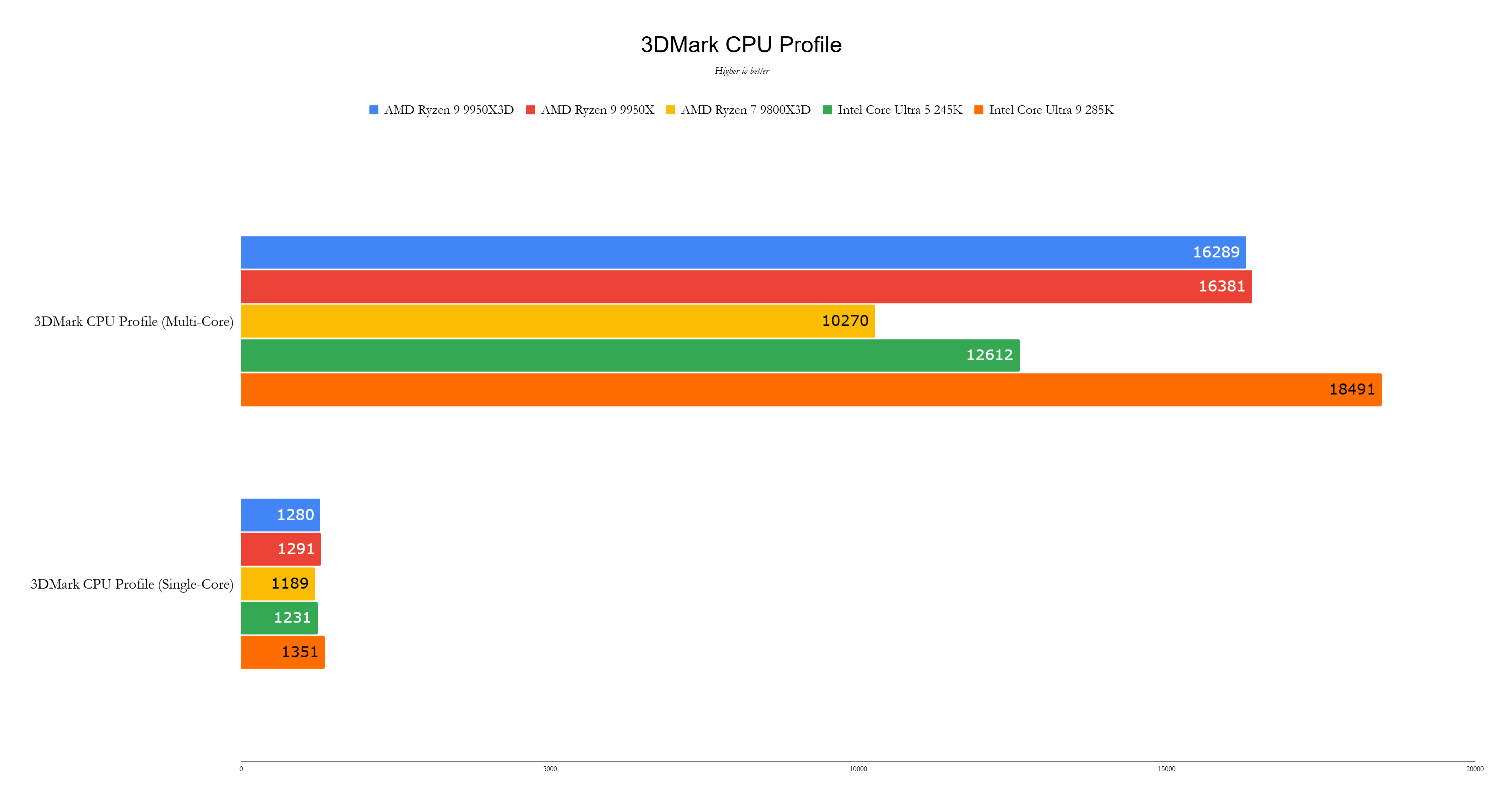
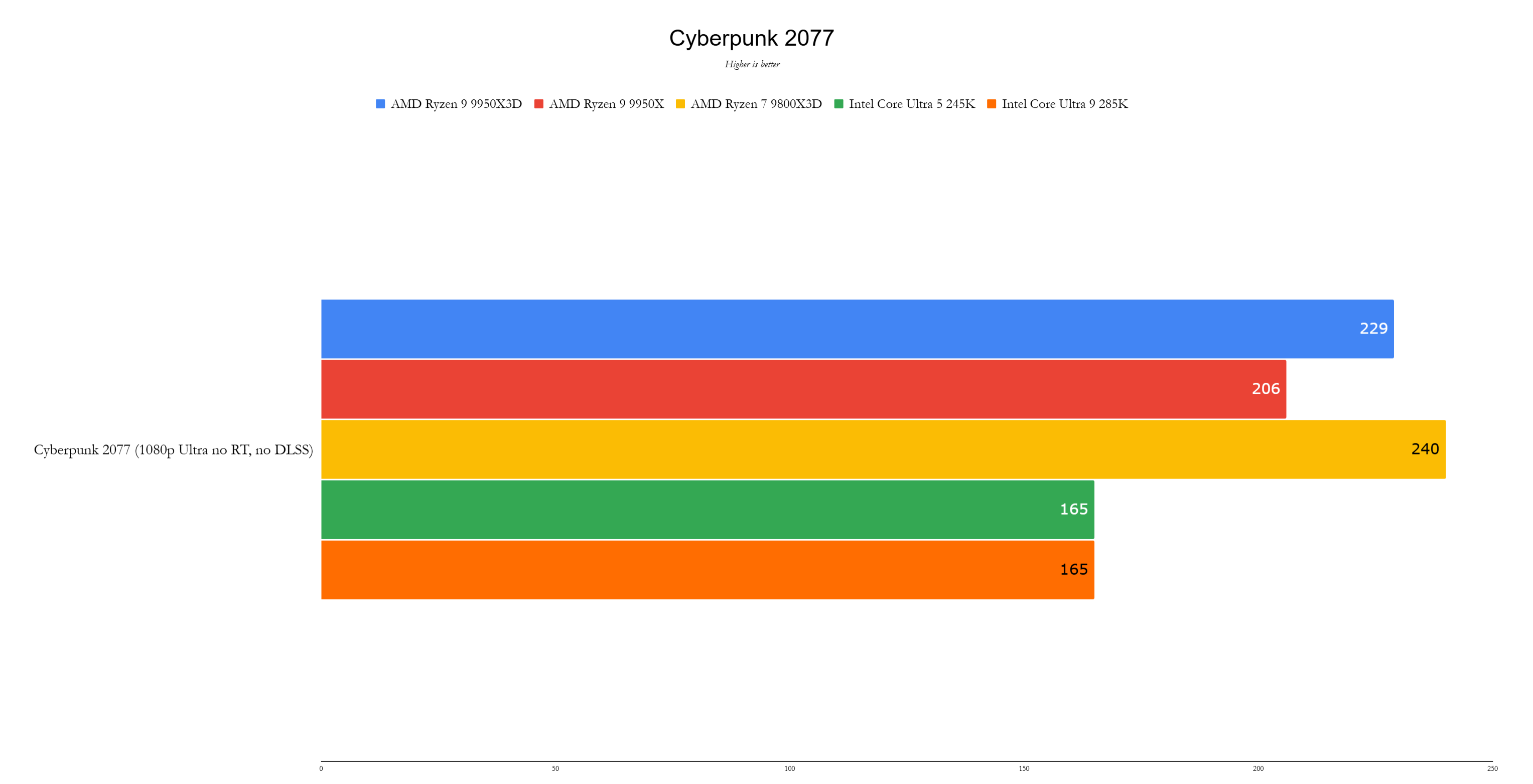
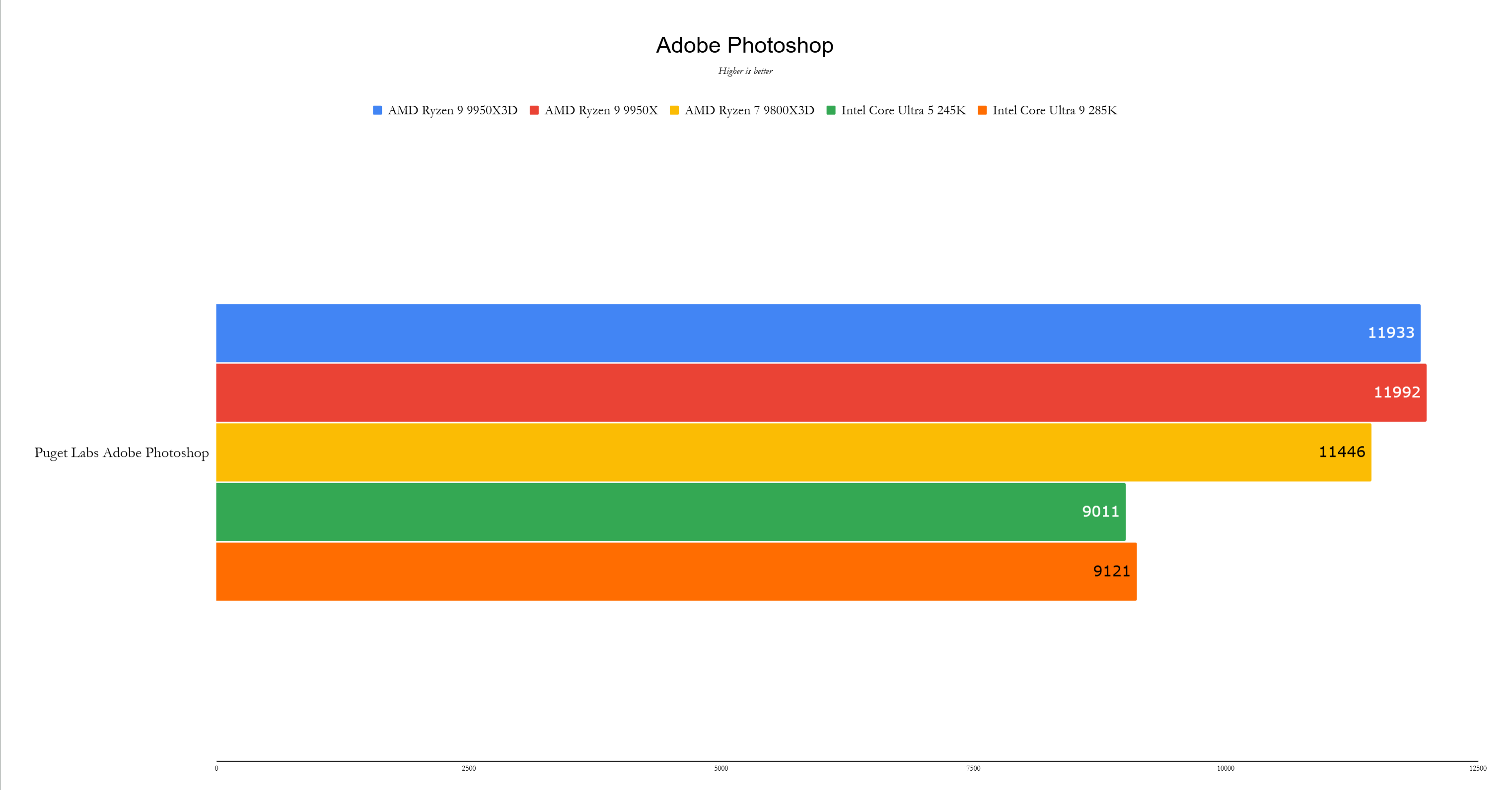
Before delving into the performance results, it's important to note that all CPUs were tested on the same hardware, except for the Ryzen 9 9950X, which was tested on an Asus ROG Crosshair X670E Hero motherboard with a Corsair H170i 360mm AIO cooler. While this difference in hardware could affect performance, it's unlikely to be significant, especially since all tests were conducted at stock settings.
AMD Test Bench:
A minor setback occurred when one of the mounting screws for the Asus ROG Ryujin III 360mm cooler snapped during the transition to the 9950X. I plan to retest the processors soon and will update this section if there are any significant changes.
The AMD Ryzen 9 9950X3D, with its 16 cores, 32 threads, and an impressive 144MB of cache, is a powerhouse. It excels not only in gaming but also in creative benchmarks where the 9800X3D lagged behind. It competes effectively with the market's most powerful chips.
Intel Test Bench:
Surprisingly, the 9950X3D performs well against the 9800X3D in single-core workloads. In Cinebench 1T, it scores 2,254 points compared to 2,033 points for the 9800X3D, marking a 10% improvement. In the 3DMark CPU Profile test, the 9950X3D achieves 1,280 points, closely trailing the Intel Core Ultra 9 285K's 1,351 points.
In multi-threaded workloads, the Ryzen 9 9950X3D shines, scoring 40,747 points in Cinebench's multi-core test. While it slightly underperforms compared to the 9950X's 41,123 points and the Intel Core Ultra 9 285K's 42,245 points, the trade-off is justified by its enhanced gaming performance.
In Total War: Warhammer 3 at 1080p with Ultra settings, the 9950X3D achieves 274 fps when paired with the RTX 4090, surpassing the 254 fps from the 9800X3D and 255 fps from the Core Ultra 9 285K. However, in Cyberpunk 2077 at 1080p with the Ultra preset and ray tracing disabled, it delivers 229 fps, slightly down from the 9800X3D's 240 fps, yet significantly outperforming the Intel processor's 165 fps.
While the AMD Ryzen 9 9950X3D is arguably the most powerful gaming processor currently available, it's not necessarily the best choice for everyone. Most gamers will find the Ryzen 7 9800X3D, priced at a more affordable $479, more than sufficient.
The 9950X3D is ideal for users who not only game but also engage in creative tasks like using Photoshop and Premiere, where it offers a 15% performance boost over the 9800X3D. For a purely gaming-focused build, however, the extra $220 might be better invested in a superior graphics card.
AMD Radeon RX 9060 XT: Officially Confirmed
AMD has unveiled the Radeon RX 9060 XT at Computex 2025, following the success of the RX 9070 XT from March. However, Team Red remains tight-lipped about the details of this new mid-range graphics card. The AMD Radeon RX 9060 XT comes equipped with 32 Compute Units and 16GB of GDDR6 memory, a robust
May 25,2025
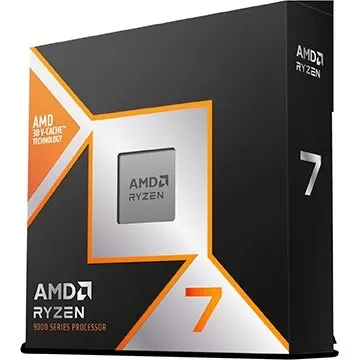
AMD Ryzen 7 9800X3D: Top Gaming CPU Now Available at Amazon
If you're in the process of building a new gaming PC and searching for the best gaming processor available, look no further. The newly released AMD Ryzen 7 9800X3D AM5 desktop processor is now back in stock on Amazon at its MSRP of $489 shipped. As the current top-tier gaming CPU on the market—surpa
Jun 23,2025
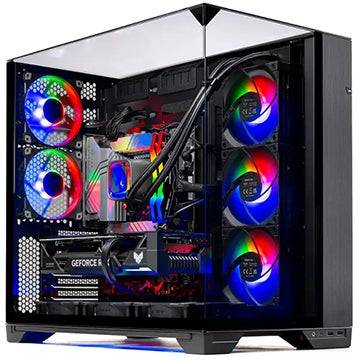
Best Buy Launches Prebuilt Gaming PCs with AMD Radeon RX 9070 and 9070 XT
The excitement around AMD's newly released Radeon RX 9070 and RX 9070 XT graphics cards is palpable, and they're flying off the shelves. If you missed out on snagging one of these powerful GPUs, don't worry—you can still enjoy their performance in a prebuilt gaming PC at a very competitive price. Th
May 20,2025
"Clair Obscur: Expedition 33 Hits 1 Million Sales in 3 Days"
Roblox Deep Descent: January 2025 Codes Revealed
Ragnarok V: Returns Beginner's Guide - Classes, Controls, Quests, Gameplay Explained
How to Feed Villagers in Necesse
Bitlife: How to Complete the Renaissance Challenge
"Ōkami 2: Capcom, Kamiya, and Machine Head Discuss Sequel in Exclusive Interview"
Bahiti Hero Guide: Mastering the Epic Marksman in Whiteout Survival
Top 10 Liam Neeson Films Ranked